
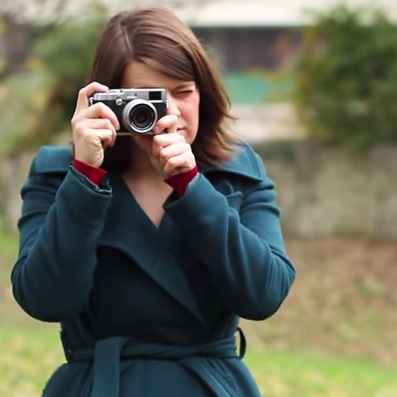
There is of course a lot to be said for the quality of smartphone cameras these days, but there are certain times when you’ll want to capture the best shots possible. A special trip away is one such occasion - even if it’s just a day out to a local attraction.
But with a plethora of different camera models out there, some specifically targeted at travel, and others less so, it can be difficult to know what to look out for when shopping for the best travel camera you can buy.
Luckily, we’re here to help you make an informed decision and get it right, with our guide to exactly what makes a good travel camera. Take a look at the below, and once you’ve got a better idea, don’t forget to read our best travel camera guide to get individual recommendations.
Here are some questions you should ask before buying any travel camera:
1. How big and heavy is it?
Probably the biggest concern you’ll have when it comes to a travel camera is its size, weight and portability. Even if you’re happy to lug around a large and heavy DSLR or mirrorless camera in your normal life, you’ll probably want something a little more portable when it comes to your travels.
Exactly how portable you want the camera to be comes down to how much you’re willing to compromise - only you can answer that. Usually, it’s a balance between size and image quality - which one is more important is up for debate.
If you want something that really does fit into your pocket, you’ll be looking at models such as the Panasonic TZ200, Sony RX100 VII or the Canon G7X III.
Sign up to the T3 newsletter for smarter living straight to your inbox
Get all the latest news, reviews, deals and buying guides on gorgeous tech, home and active products from the T3 experts
If however, you want something that offers a little more flexibility, but you still don’t want to hassle of carrying around multiple lenses, then an advanced bridge camera such as the Sony RX10 IV or the Panasonic FZ200 are excellent choices.
Finally, if you’re happy to carry a little more weight because getting the best pictures possible is your key concern, then a mirrorless model - especially those on the smaller side are ideal candidates. Models such as the Fujifilm X-T30 are often favoured for being a good blend of high image quality in (relatively) small bodies.
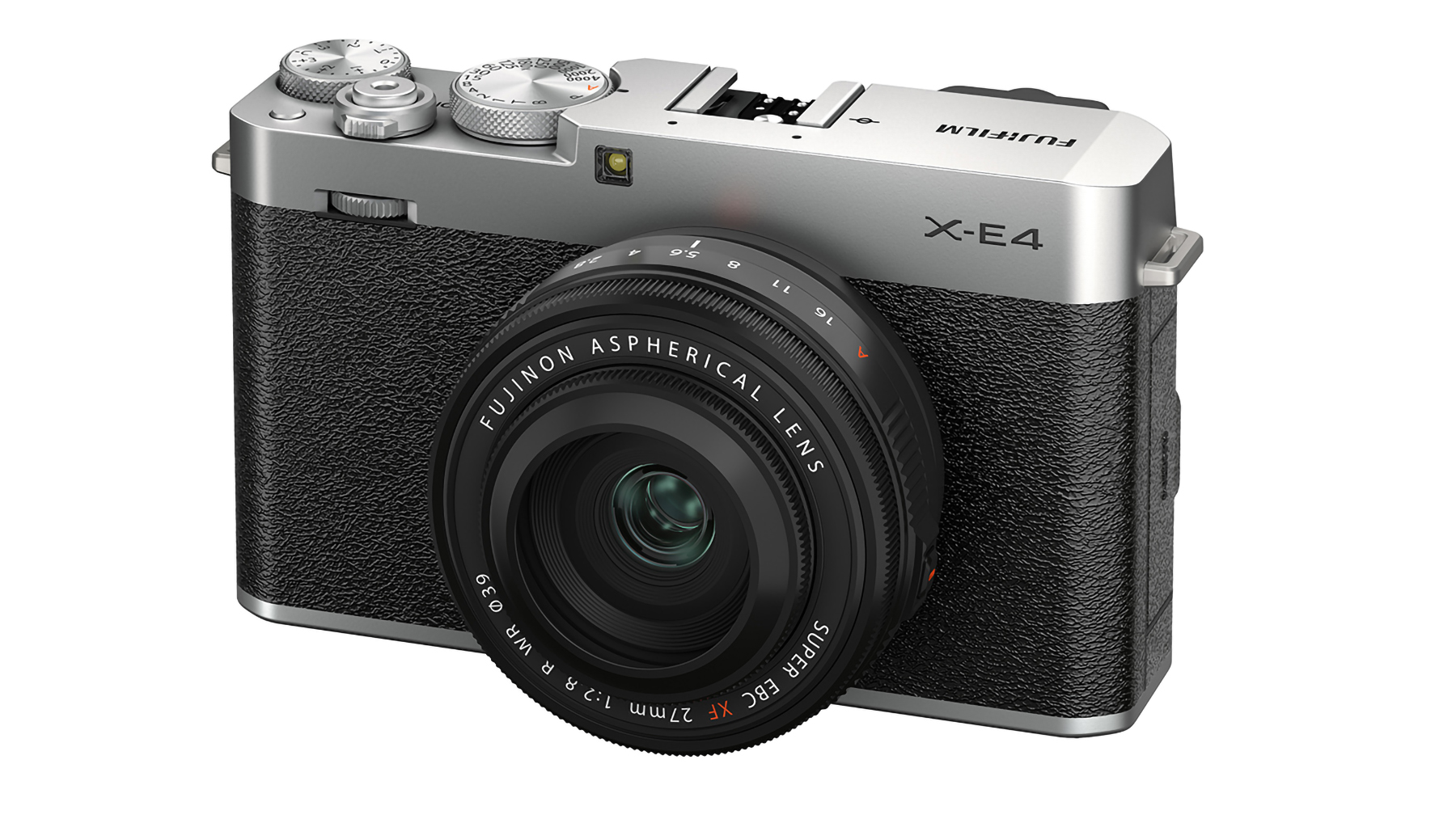
2. What is the zoom range or lens choice like?
This is another example of compromise. For fixed-lens compact cameras - often favoured for travel - generally, you need to choose between a large sensor, but a relatively small zoom, or a small sensor and a larger zoom.
How essential a long zoom is will depend on the type of travelling you’re doing. If, for example, you’re heading off on safari, or you want the flexibility of a long zoom lens, then you should look for something that offers at least a 10x optical zoom - two fixed lens cameras you might consider include the Panasonic TZ200 or the Sony RX10 IV.
On the other hand, if you’re travelling on something like a city break, then higher-quality lenses that offer less of a zoom range, paired with a larger sensor, are probably what you’re going to be after. In fact, something like the Fujifilm X100V which offers no zoom range at all (the lens is fixed at 35mm equivalent), or the Panasonic LX100 II, which offers a short 3x zoom are ideal.
If you’re willing to go for a camera that accepts interchangeable lenses, it’s worth taking a look at the lens range to see if it offers exactly what you’re after - including perhaps a superzoom lens you could use for travel.
3. Is it a good all rounder?
When travelling, it’s likely you’ll be faced with a wide variety of different genres to photograph. There could be anything from landscapes and cityscapes, to portraits, to wildlife, to low-light to close-up shots. And that’s before you even start to think about video capabilities.
It makes sense therefore to look for a versatile camera that copes well with a variety of different shooting situations. It’s not always obvious from the outside what makes for a flexible camera, but when you’re reading our buying guides and reviews, you will notice we often refer to something as a good all-rounder.
Some examples of cameras that do well in a number of different situations include the Panasonic TZ200, the Fujifilm X-T30 and the Nikon Z6 II.
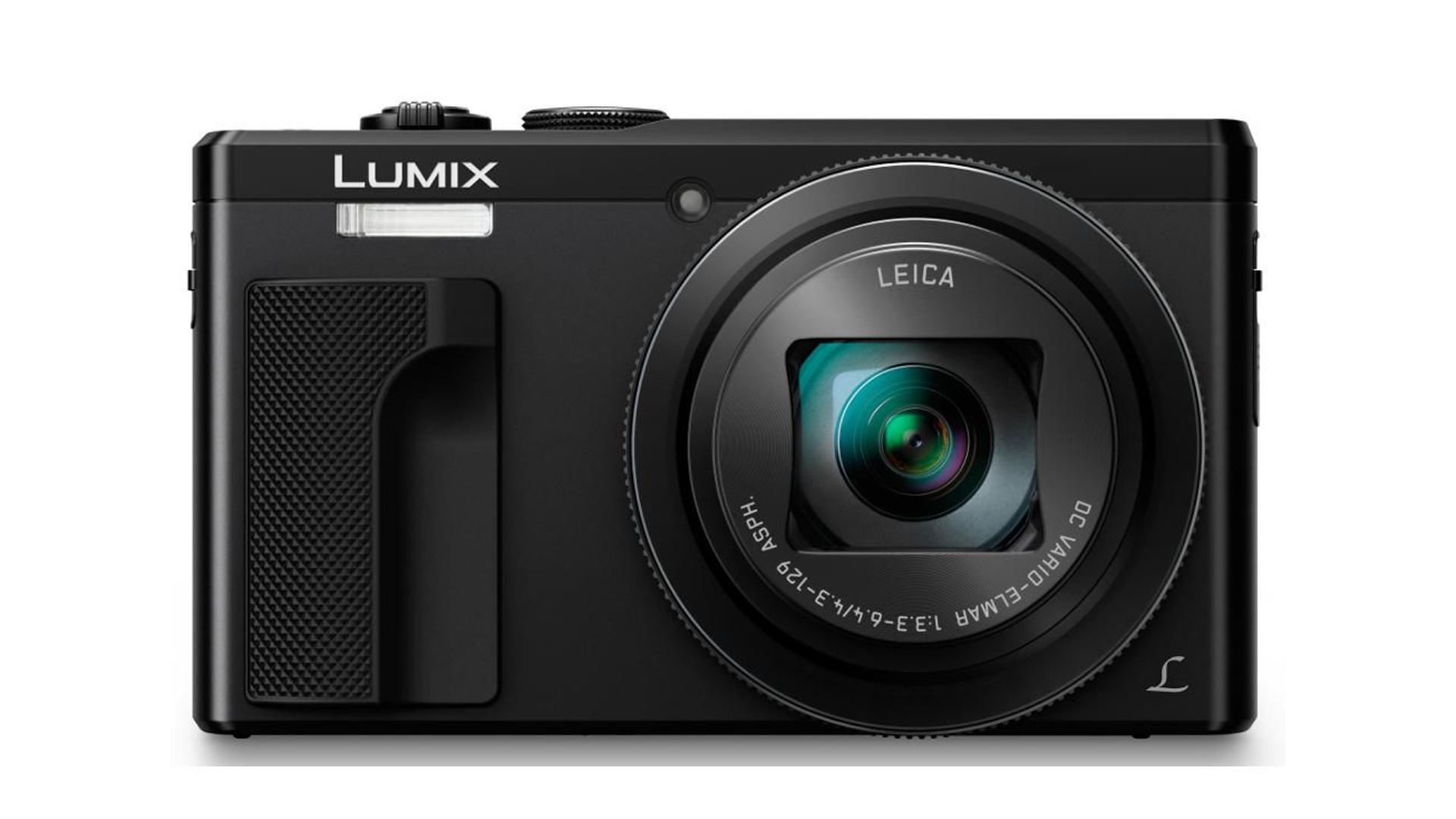
4. Does it offer good battery life?
When you’re going to be out and about all day, you’ll need something that can go the distance when it comes to battery life.
Taking a look at the quoted battery life on a specs page is a good place to start - just remember these tend to be conservative estimates based on very heavy usage of the camera. Check to see if reviews mention battery life to give you a better idea of real-world experiences.
You could also look for cameras that offer in-camera USB charging, meaning you could give it a power burst on the go if you’re also carrying a power bank with you.
5. Can I easily share my pictures and video?
For lots of people, part of the appeal of being away is the ability to tell everyone back at home all about it. Getting your images from your travel camera to your phone for quick sharing is, therefore, a bit of a must these days.
Most modern cameras offer Wi-Fi and/or Bluetooth connectivity which pair with your phone via a free-to-download, manufacturer-specific app. It’s worth double-checking that any camera you buy has such connectivity and check reviews of its associated app.
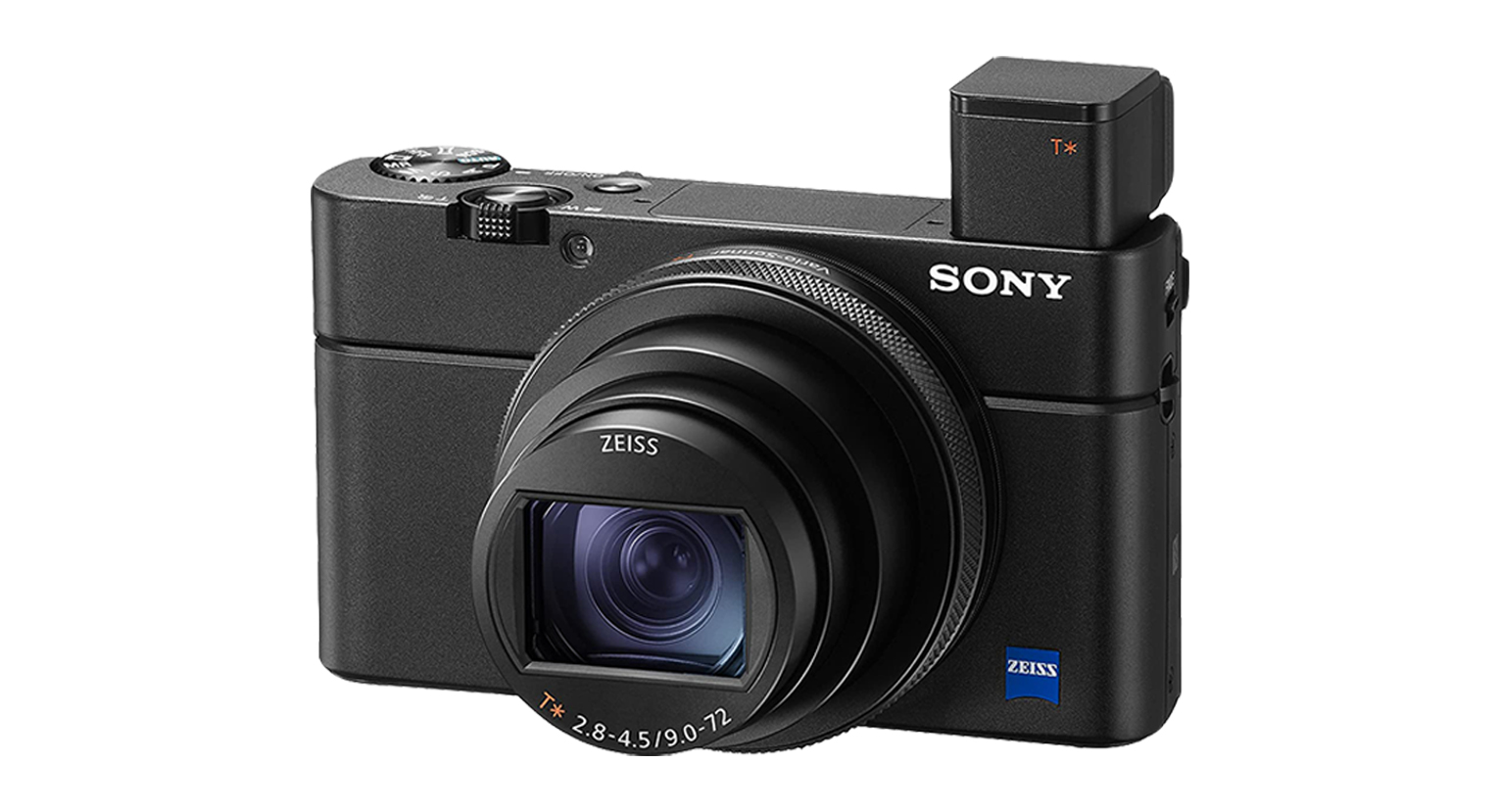
6. Is it easy to use?
If you’re an enthusiast or professional photographer, then you’ll likely already know what all the fancy modes and dials do on any given camera. However, if you’re just somebody who wants to take great shots without understanding too much about the technical aspects, you’ll want something which offers easy-to-use and easy-to-access automatic and scene modes.
Look for cameras which offer those, but also be mindful that you may want to learn and grow with your camera, so those which offer more advanced modes that you can progress to are certainly worth thinking about too.
Being able to shoot in raw mode is something which is also worth looking out for - as this will allow you to work on your pictures in editing software more easily, something which can come in useful if you’re trying to quickly grab a travel shot in limited time.
7. Is it rugged?
For some, the idea of a good holiday includes action and adventure. If you’re into surfing, mountain biking, paragliding and other rough and tumble activities, then you’ll want a camera to go along with that.
Look for something which offers tough credentials that can survive a bit of a battering, doesn’t mind getting wet and perhaps can even be mounted somewhere to capture all the thrills and spills of whatever you’re doing.
The GoPro Hero 9 Black is the obvious choice for a well-featured and tough action camera, but its primary function is video. For that reason, you might also want to consider something like the Olympus TG-9 which is just as tough but offers a little more versatility when it comes to content type.
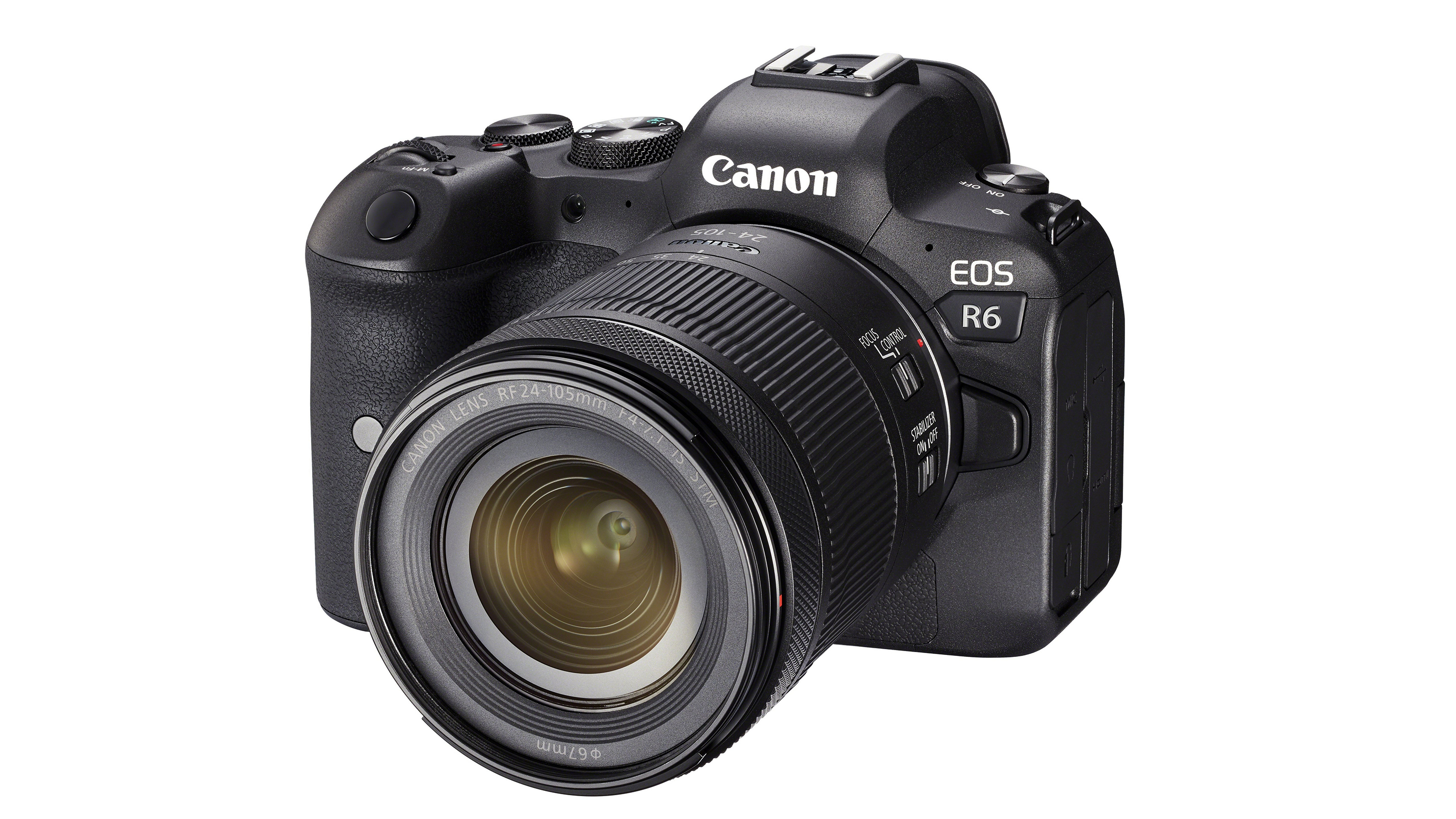
8. Is it good value for money?
Last, but by no means least, there’s the question of value.
Chances are you’ve already spent a good chunk of money on the trip away, and it can therefore be tempting to plump for a cheap camera to keep your overall spend down.
It’s important however to remember the difference between cheapness and value - and consider that your pictures are something that you’ll want to keep for a long time.
Pay attention to the price of course, but consider carefully how much you’re getting for your money - something which delivers a lot might be more expensive but will likely produce better results and last you a long time.
Now you know what to look for - take a look at our Best Travel Cameras guide to discover some fantastic options for your next trip.
Liked this?
Amy Davies is a freelance journalist that covers cameras for T3 and many other sites. She is also Features Editor at Amateur Photographer magazine and, when she's not writing about cameras, she's probably taking pictures of her cute dog.
-
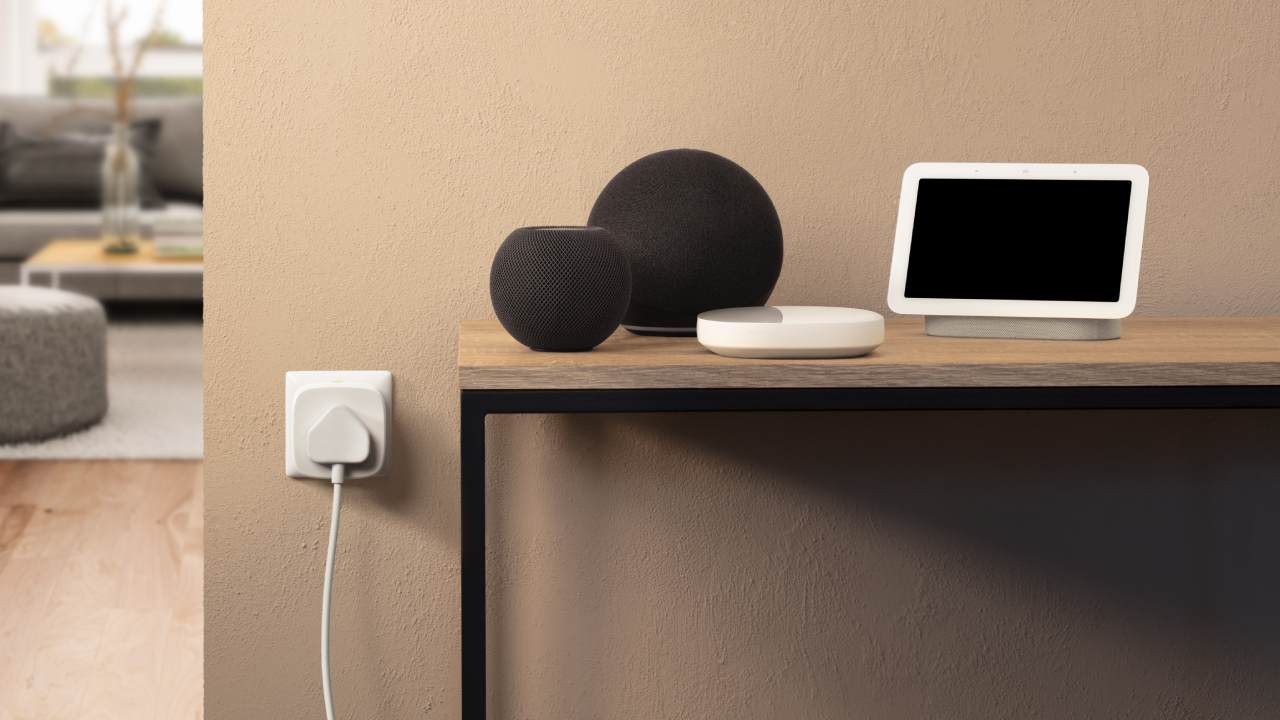 Eve’s smart plug gets impressive Matter upgrades – but I’m most excited about the app
Eve’s smart plug gets impressive Matter upgrades – but I’m most excited about the appEve Energy adds Matter support and an updated Android app
By Bethan Girdler-Maslen
-
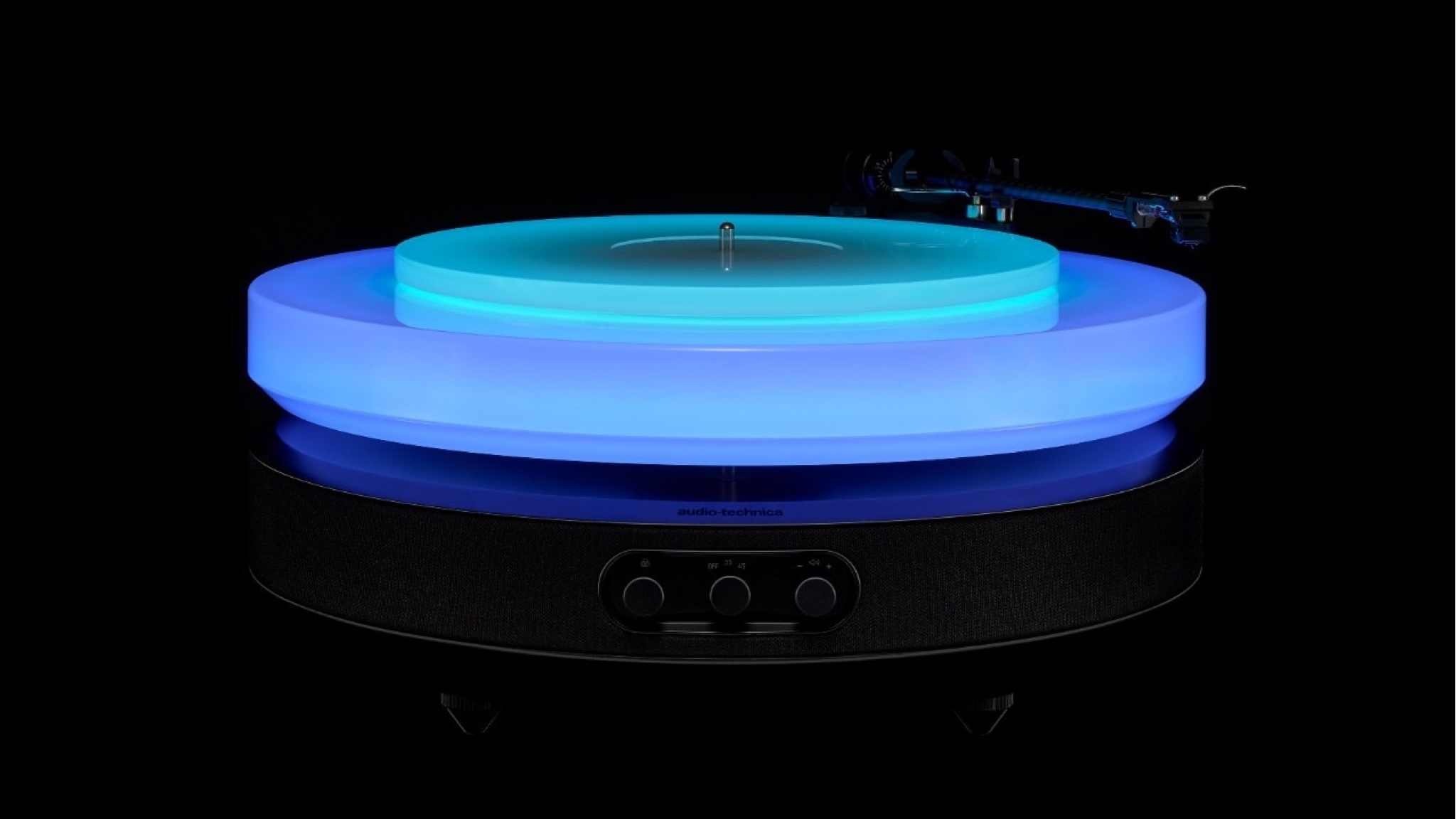 Audio-Technica’s latest luxury turntable will light up your life, and your records
Audio-Technica’s latest luxury turntable will light up your life, and your recordsThis strictly limited turntable is a feast for the eyes as well as the ears
By Carrie Marshall